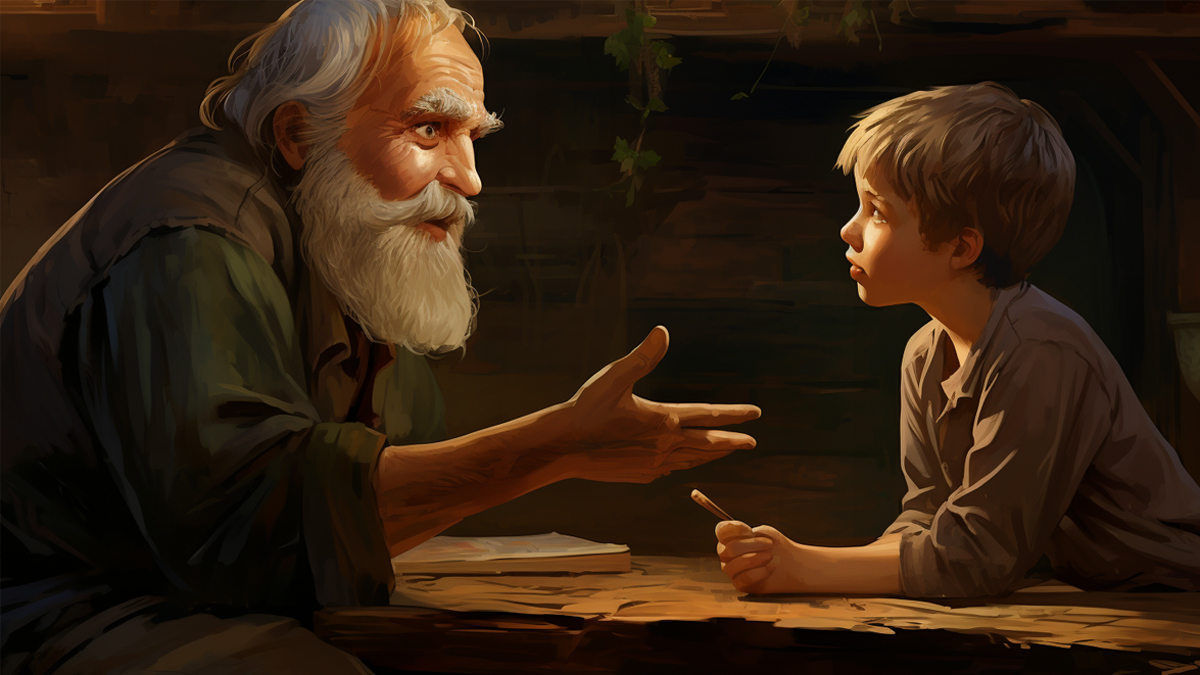George W/Henry V

Making analogies between contemporary leaders and characters from the Shakespeare canon is sometimes informative, and sometimes wildly misleading. Over the course of the “How to Think Like Shakespeare” series we will be examining a number of these analogies, including which Shakespearean characters are most reminiscent of leaders such as Barack Obama and Sarah Palin.
To kick off this discussion, we are starting with one of the most prominent analogies of recent years–that is, the linking of former President George W. Bush to Shakespeare’s King Henry V. There is a whole cottage industry devoted to this subject that cropped up during the Bush Presidency.
It was Bush’s transformation in office that his supporters likened to Prince Hal, “the slumming ruffian nobleman who transforms himself into the great nationalist king Henry V,” as John Podheretz put it in his book Bush Country. The similarity was that both men “led a fairly undistinguished life until after his fortieth birthday.” Yet when trouble hit, argued commentator David Gergen, “how rapidly we left the pages of Henry IV and suddenly we seem to be in the pages of Henry V.“
Gergen came to fashion himself as somewhat of an expert on the subject. But he was certainly not alone in drawing the comparison. Chris Matthews must have felt a thrill going up his leg when he said: “In Bush, the country discovered it had a young leader rising to the occasion, an easy-going Prince Hal transformed by instinct and circumstance into a warrior King Henry.”
Rich Lowry, editor of the National Review wrote “As Bush stood atop part of the rubble of the World Trade Center, he came as close as he ever will to delivering a St. Crispin’s Day speech.” Indeed, perhaps the most popular Bush/Henry link is the one between Henry’s “St. Crispin’s Day speech” and Bush’s dramatic “bullhorn speech” on the rubble of the World Trade Center following September 11, 2001.
And yet, what all of the commentators we have quoted share in common is they are experts in the world of politics. They are not Shakespeare experts. So Big Think addressed this question to Ben Brantley, chief theater critic of The New York Times, who poured some cold water on this analogy:
Here is Bush’s 9/11 “Bullhorn” speech:
Here is Kenneth Branagh as King Henry V, one of the Bush family’s favorite films:
The strongest critique of this analogy comes from Scott Newstok, who wrote on Pop Politics:
The reductive reading of Shakespeare and the reductive reading of history are both lamentable, but perhaps inevitable in a sound-bite world. What isn’tinevitable is the conclusion of these readings: that we should celebrate the Bush presidency on account of some rather tenuous (and by no means unproblematic) similarities to a fictionalized king. This is using a cultural authority (Shakespeare) to bolster a political authority (the Bush regime) which, from its inception, has been short on, and even defiant of, the authority necessary to lead a democracy: the consent of the majority of the people.




